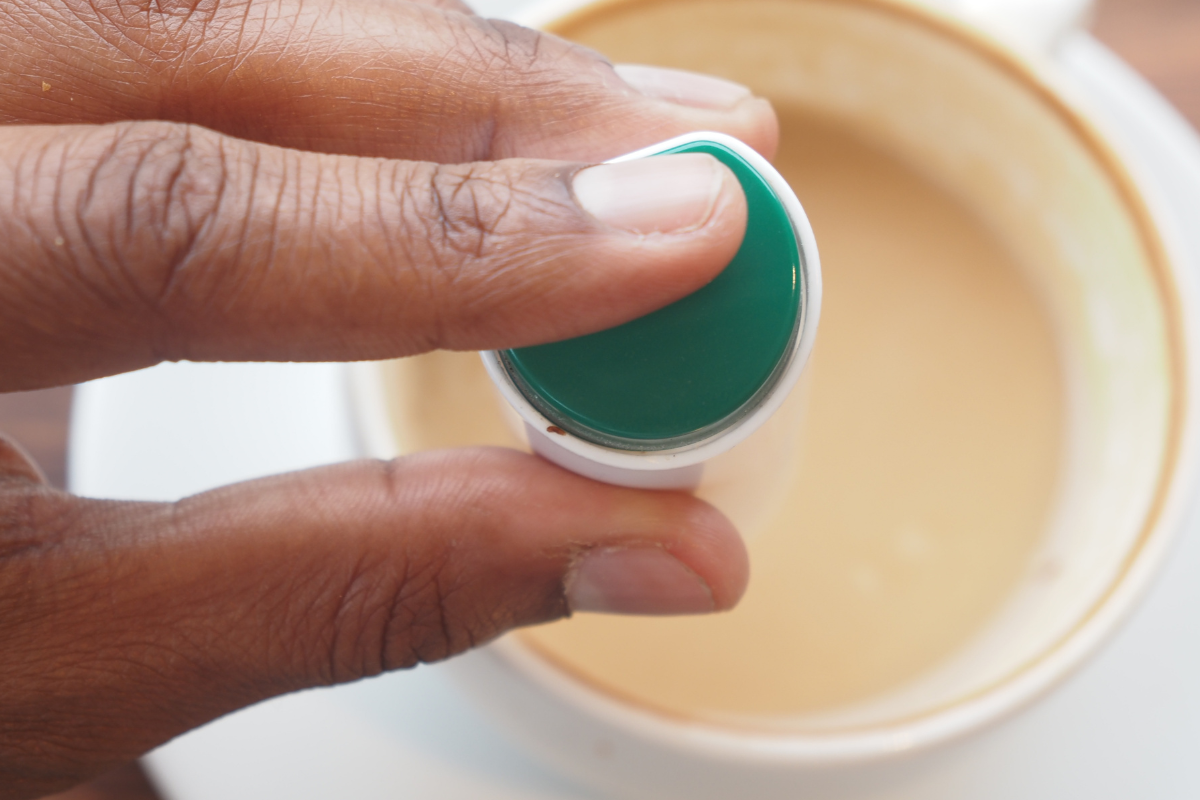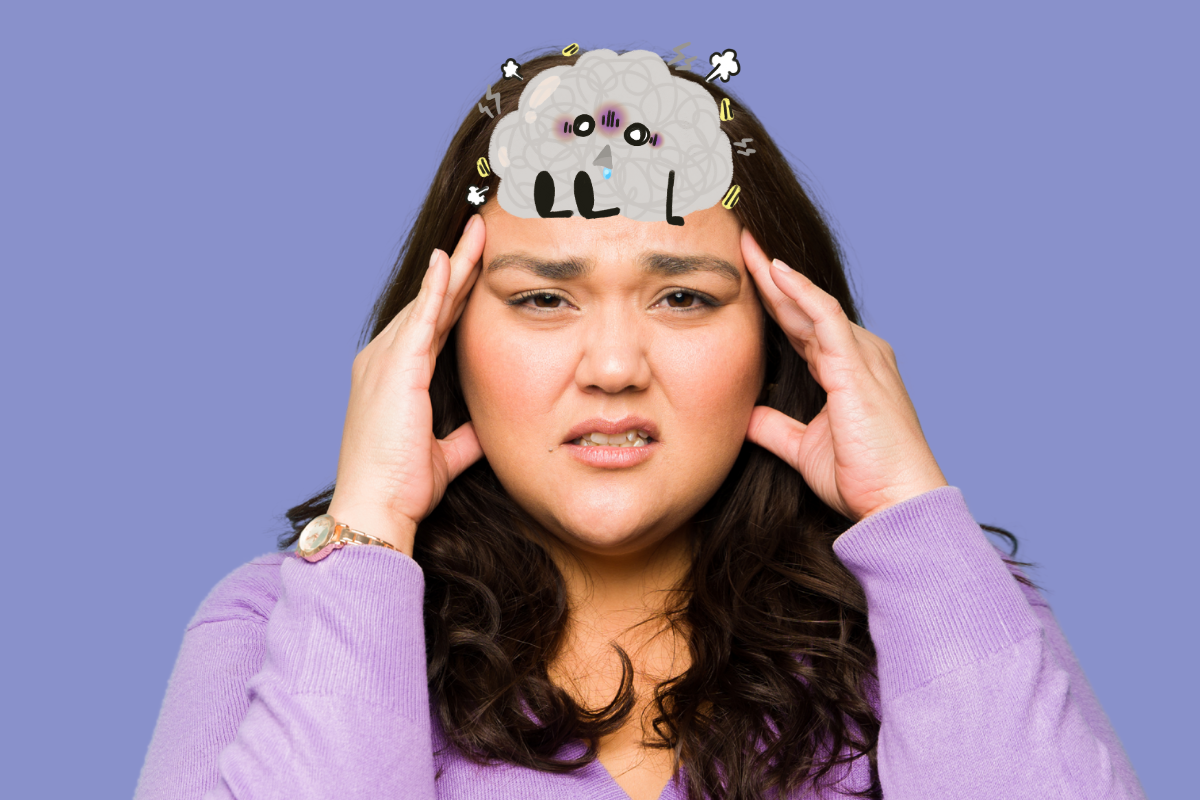After, all, sweeteners have been touted as a 'healthy choice' for a long, long time – and you'd be forgiven for thinking of them as a healthier option because they are everywhere — from our morning tea to that post-gym “zero sugar” drink. They promise a smarter swap: all the sweetness, none of the calories. But new research has left many of us wondering if that trade-off might come with a hidden cost to our brain health.
A recent study published in Neurology suggests a link between high sweetener intake, and faster cognitive decline. It's understandably caused a stir and been the focus of many recent social posts – and on the face of it, it's pretty scary stuff. But does this mean our diet drinks are REALLY quietly dulling our brains? Let's take a proper look:
The Study Everyone’s Talking About
Researchers followed more than 12,000 adults over eight years, tracking their intake of various low and no-calorie sweeteners, including aspartame, saccharin, erythritol and others. They found that those consuming the highest levels of sweeteners experienced a 62% faster decline in memory and thinking skills than those who consumed the least. That’s roughly equivalent to an extra 1.6 years of brain ageing.
The effect was strongest in people under 60 and in those with diabetes. Understandably, this sparked a flurry of online debate about whether our zero-sugar habits might come at a hidden cost.
But it's important to remember that this was an observational study. It shows association, not causation. So while there’s a link, it doesn’t prove sweeteners cause cognitive decline. People who use diet drinks often differ in lifestyle, diet, and overall health, all of which can influence the brain too.
What Might Be Going On?
Sweeteners like aspartame are designed to mimic the taste of sugar without the calories. But when they’re broken down in the body, they produce compounds such as methanol and phenylalanine, which — at high doses — may affect the brain.
Animal studies suggest that long-term exposure could contribute to oxidative stress and inflammation, both of which are linked to ageing and cognitive decline. There’s also early evidence that artificial sweeteners might disrupt the gut microbiome, which plays a surprisingly big role in mood, focus and memory.
That said, not every study finds harm. Regulatory agencies, including the European Food Safety Authority, continue to state that aspartame is safe within accepted daily limits. It’s another reminder that nutrition science is rarely black and white — especially when we’re looking at complex systems like the brain.
The Bigger Picture for Brain Health
Our brains run best on stability — regular meals, balanced nutrients, and consistent sleep. Diet drinks and ultra-processed “sugar-free” snacks often promise balance but deliver confusion: tricking the brain’s reward pathways, flattening energy, and sometimes driving cravings for real sugar later.
That’s why focusing on the whole picture of nutrition matters more than chasing any one “better” ingredient. Prioritising whole foods, fibre, healthy fats, and omega-3s supports long-term cognitive resilience. Supplements like Noggin’s Fish Oil can help bridge the gap if oily fish rarely makes it onto your plate.
And don’t underestimate how your lifestyle can impact your brain function, too. Sleep, hydration, exercise and calm all shape how well your brain ages, regardless of what’s in your coffee cup.
So, Should You Stop Using Sweeteners?
You don't need to ditch everything overnight - but it's worth being mindful of your intake. If you rely on artificial sweeteners every day, try small swaps:
-
Replace one “diet” drink with sparkling water and a slice of lemon.
-
If you need sweetness, use a touch of honey or maple syrup instead of a sachet of aspartame.
-
Focus on reducing ultra-processed foods overall — your brain and body will thank you.
The truth is that this research doesn’t give us all the answers, but we can use it to give us a mindful nudge to be aware and to make choices for our noggin that reduce our risk of cognitive decline in manageable, reasonable ways.
Last thoughts
This study is far from conclusive, but it’s an important reminder that not all “healthy swaps” are as simple as they seem. If you’re making changes for your brain, start with the basics: real food, good sleep, gentle movement, and mental rest.








